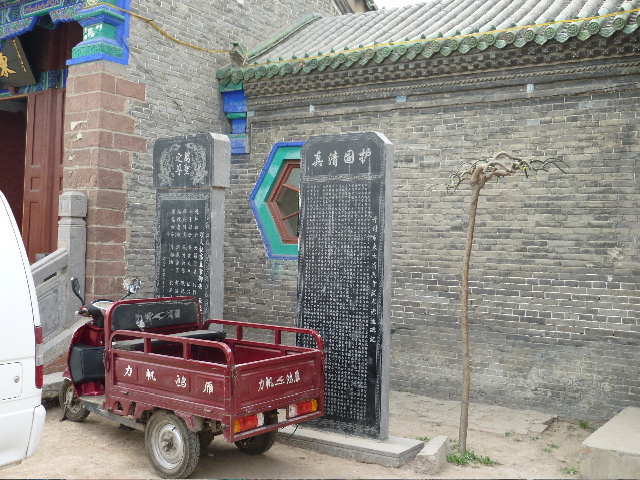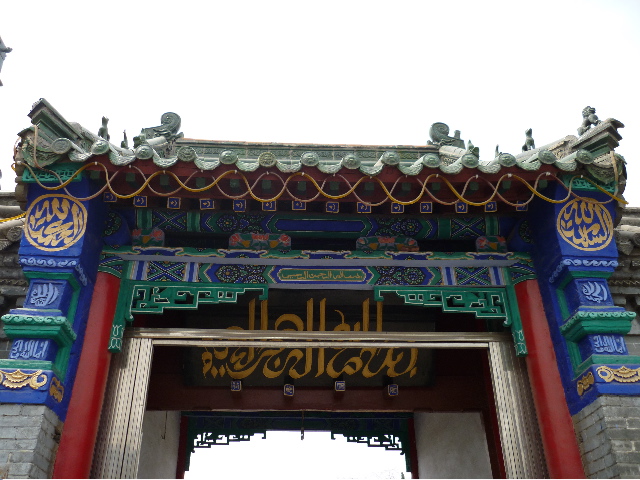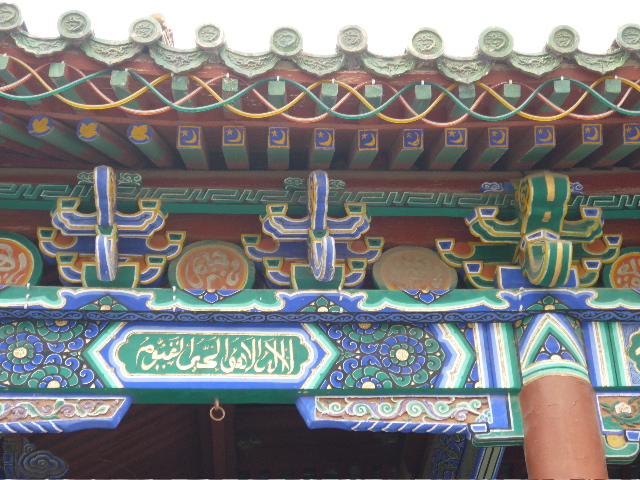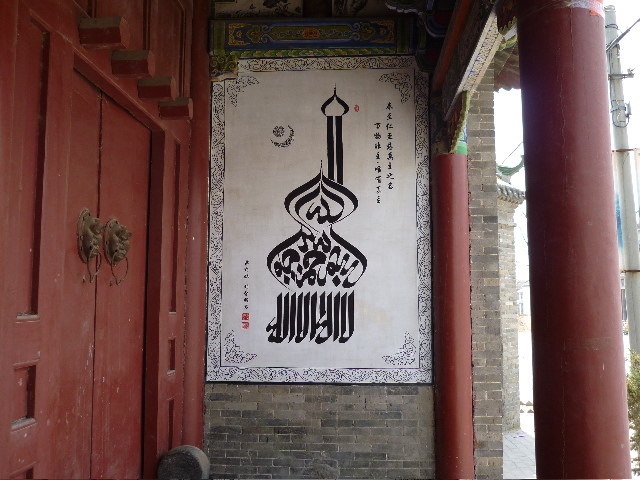GIG
As in the Venezuela crisis, Donald Trump, the great enthusiast for dictators, is making a cynical pretense of concern for democracy in Iran. Fortunately, his latest bit of exploitation of the Iranian protesters has blown up in his face. Noting the anniversary of the 1979 revolution, he issued a tweet featuring a meme with an image of a student protester from the 2017 anti-austerity uprising and the words: "40 years of corruption. 40 years of repression. 40 years of terror. The regime in Iran has produced only #40YearsofFailure." Now, the courageous photographer who snapped the image at the University of Tehran in December 2017, Yalda Moayeri, comes forward to express her outrage at its co-optation by Trump. Alas, Masih Alinejad, the Iranian-American feminist who last week met with Secretary of State Mike Pompeo, seems not to get how she is endangering opposition activists in Iran, allowing the regime to paint them as pawns of imperialism. (Image via @realDonaldTrump)












